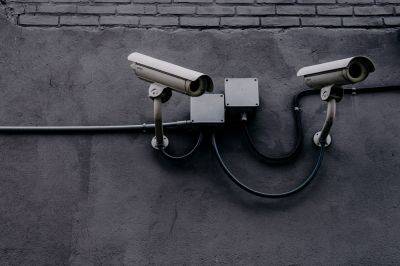How a tax break of up to $3,200 can help heat your home more efficiently this winter
Winter is almost here, meaning the year's coldest temperatures aren't far off.
But homeowners can take advantage of recently enacted tax breaks to help boost their home's efficiency, thereby trapping more heat inside and better defending against winter's chill — and saving them money in the process.
The Energy Efficient Home Improvement tax credit, offered by the Inflation Reduction Act, can help defray homeowners' costs on such projects — such as installing energy-efficient insulation, windows, doors and electric heat pumps — while also likely reducing the size of future heating bills, experts said. It's worth a maximum $3,200 a year.
More from Personal Finance:
Are gas-powered or electric vehicles a better deal? EVs may win out in long run
Consumers may soon get up to $14,000 or more in energy rebates — if states sign on
Why climate change may cost you big bucks — and what to do about it
The average American spends $2,000 on energy bills each year, and $200 to $400 may be «going to waste» from drafts, air leaks around openings and outdated heating and cooling systems, according to the U.S. Department of Energy.
Home heating accounts for 45% of the average person's energy use, and water heating for another 18%, the agency said.
«You want to minimize heat loss to the outside through walls, windows, drafts, etcetera, and supply the heat as efficiently as possible,» said Steven Nadel, executive director of the American Council for an Energy-Efficient Economy.
Home efficiency upgrades can also reduce people's planet-warming greenhouse gas emissions, at a time when climate change is already fueling more extreme and financially costly weather events.
The Inflation Reduction Act, which President Joe Biden signed into law
Read more on cnbc.com





















